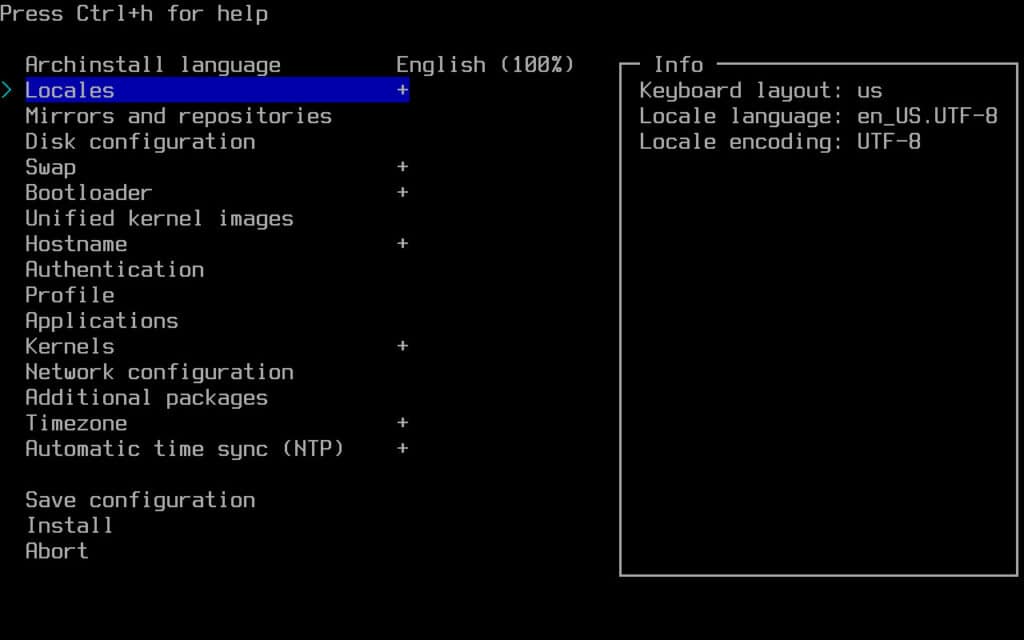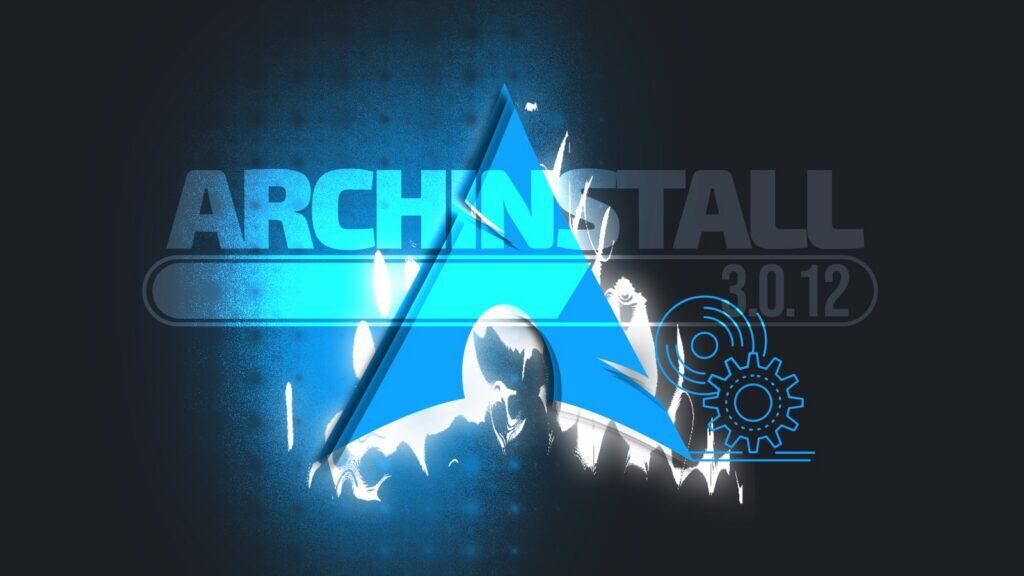Archinstall, a guided, user-friendly TUI installer for Arch Linux with a menu-driven setup that provides a semi-automated alternative to the traditional manual Arch installation process, has just rolled out version 3.0.12.
One of the most notable additions in this release is the new -S flag for arch-chroot, which provides additional flexibility during post-installation customization and debugging.
Another important change is the integration of the Btrfs hook. Instead of manually installing Btrfs modules and binaries, Archinstall now relies on the dedicated Btrfs hook, which simplifies maintenance and aligns the installer more closely with Arch Linux’s upstream best practices.

Moreover, the update ensures that applications are only installed when explicitly enabled, reducing unnecessary package installations and improving user control during setup. Additionally, bootloader configuration checks are now skipped when “No Bootloader” is selected, preventing redundant prompts in minimal or advanced setups.
The handling of kernel image settings also sees improvement, as the Unified Kernel Image setting can now be saved and loaded, providing consistency between installations.
Beyond technical adjustments, Archinstall 3.0.12 now supports Uzbek as a new language. Other smaller updates include a fix for module ordering in mkinitcpio, replacing the old “leafpad” editor with “l3afpad”, and several bug fixes addressing community-reported issues.
For more information, see the changelog.
Archinstall 3.0.12 is expected to land in the upcoming December update to the Arch installation ISO. However, if you’re using an older ISO, you can easily update Archinstall (before launching it) to its latest version by running pacman -S archinstall after the ISO boots.
Finally, as always, on the first day of every month, Arch has also released its updated November installation ISO, intended only for new installations. It’s essentially a snapshot of Arch’s current package base.
